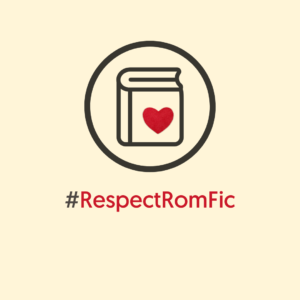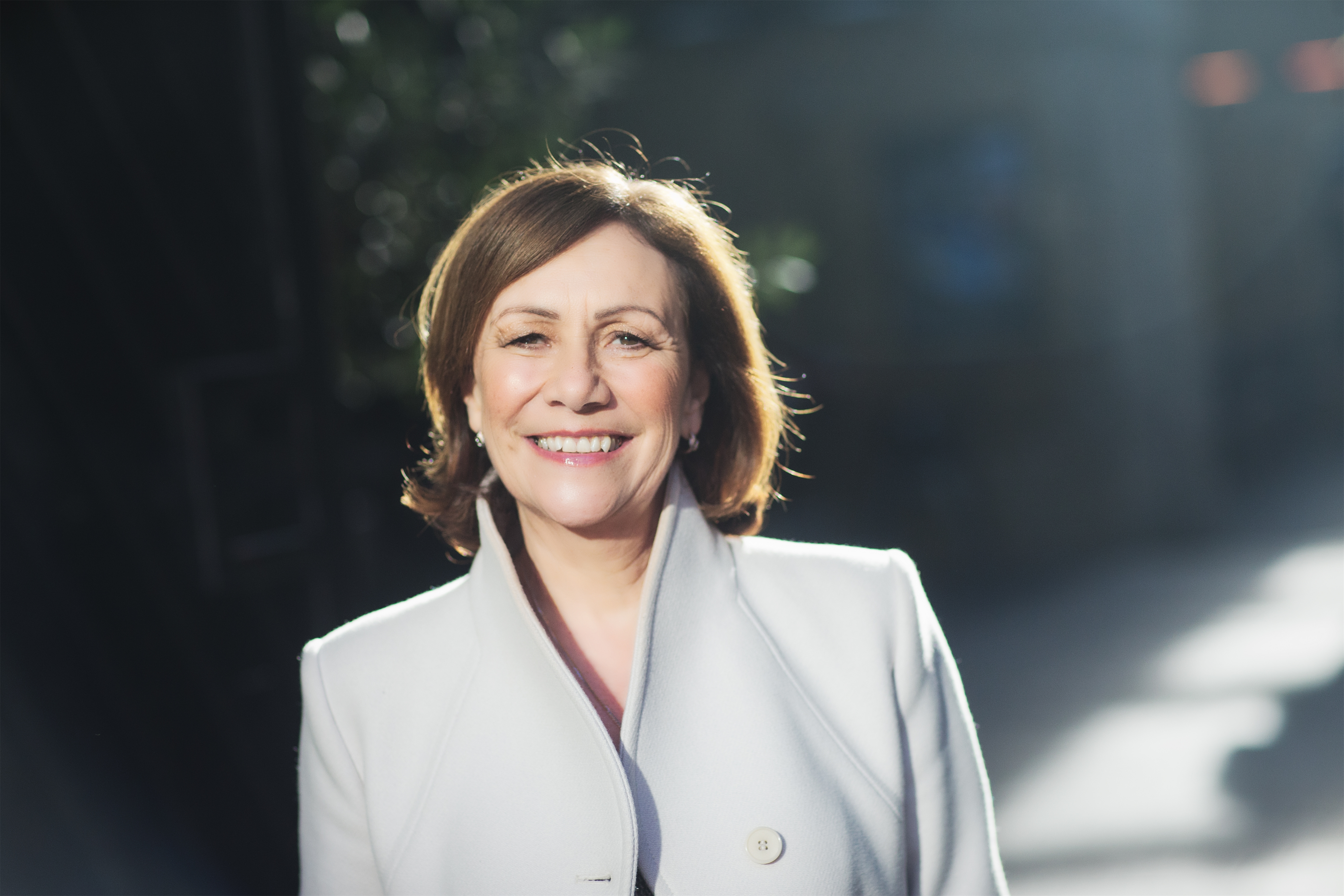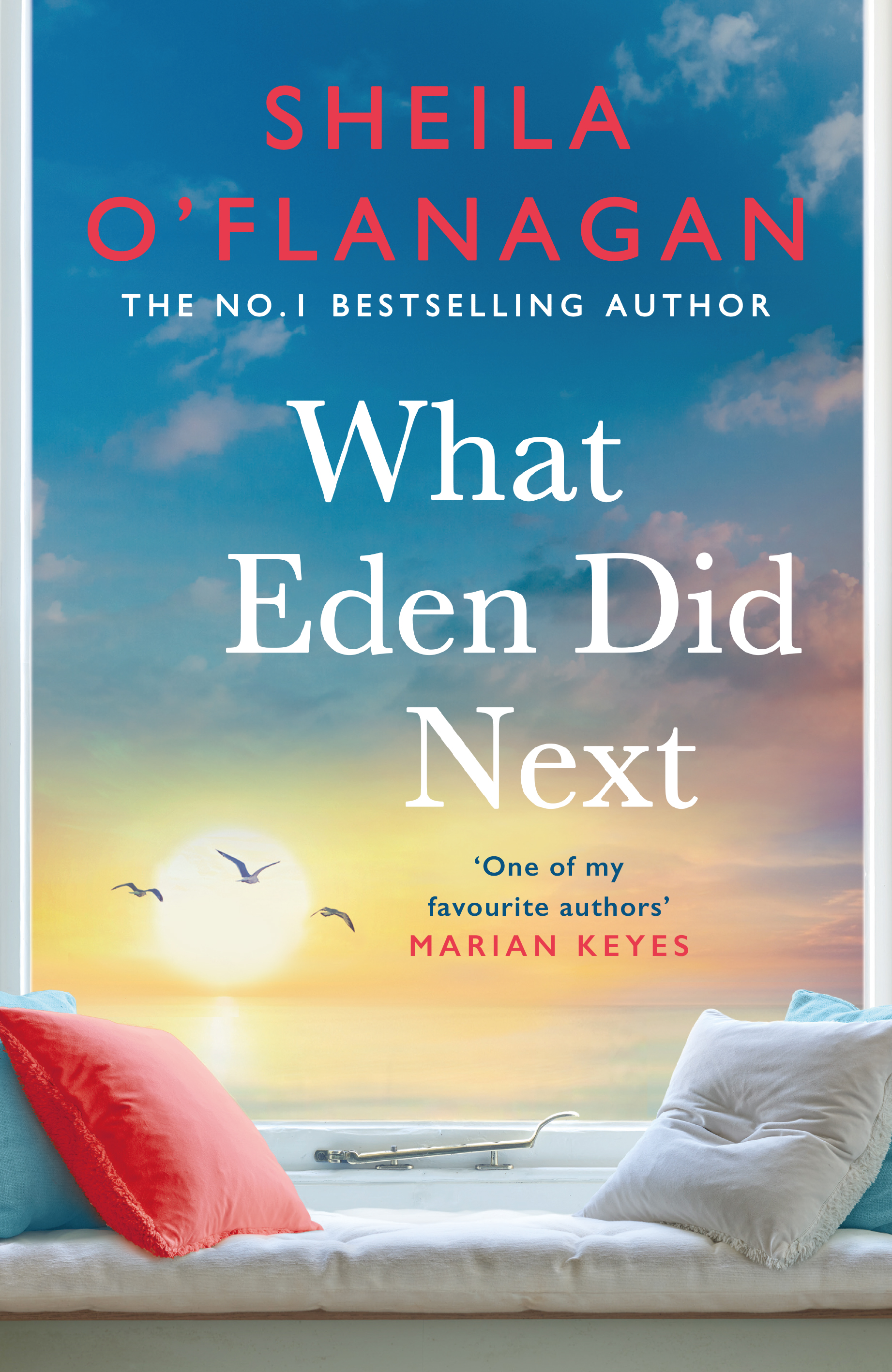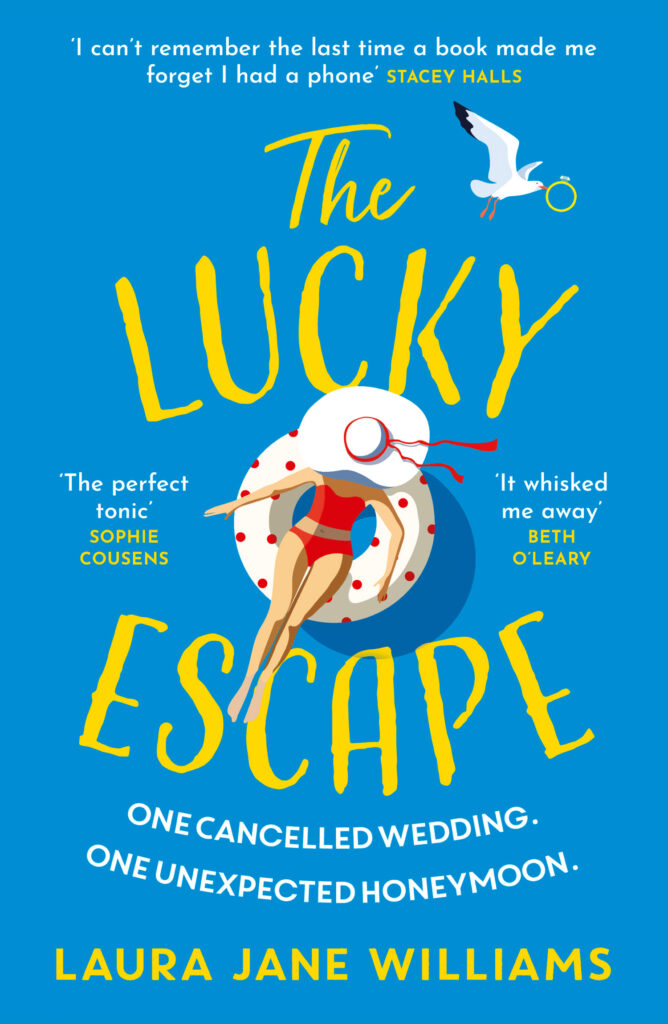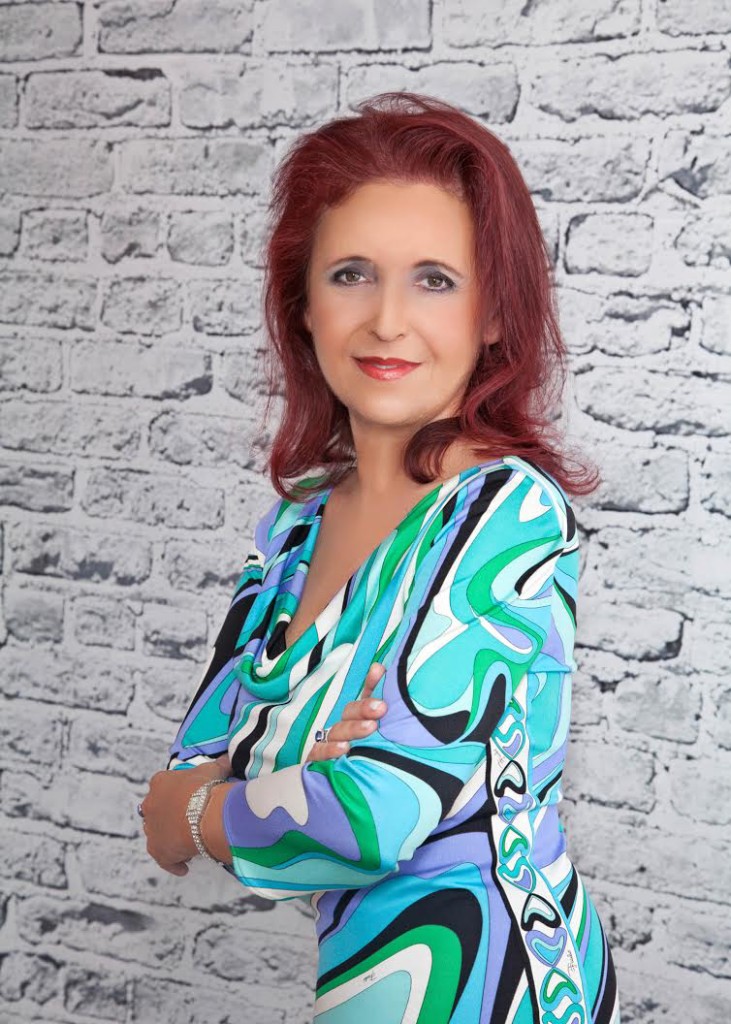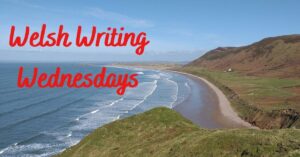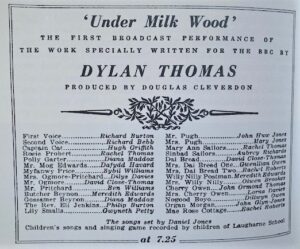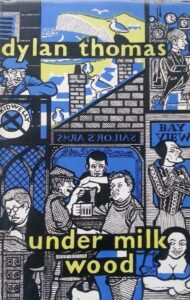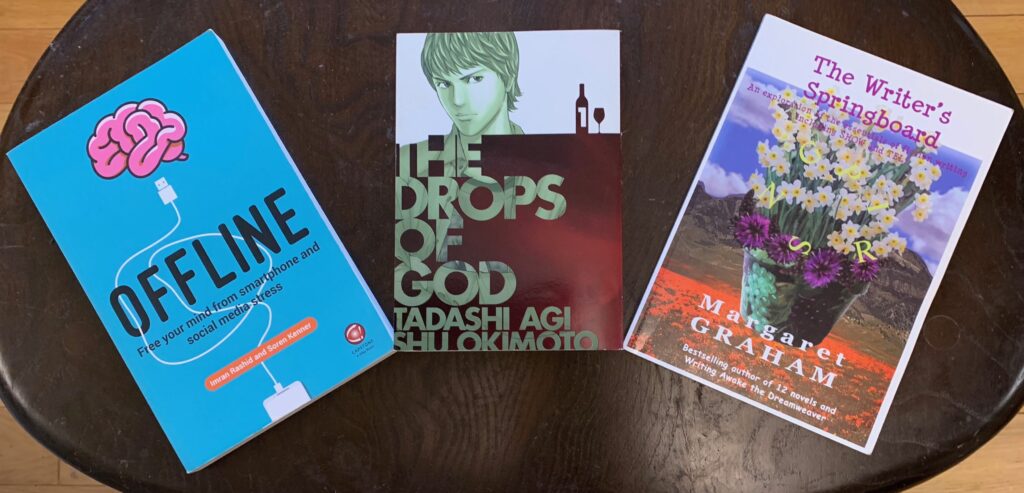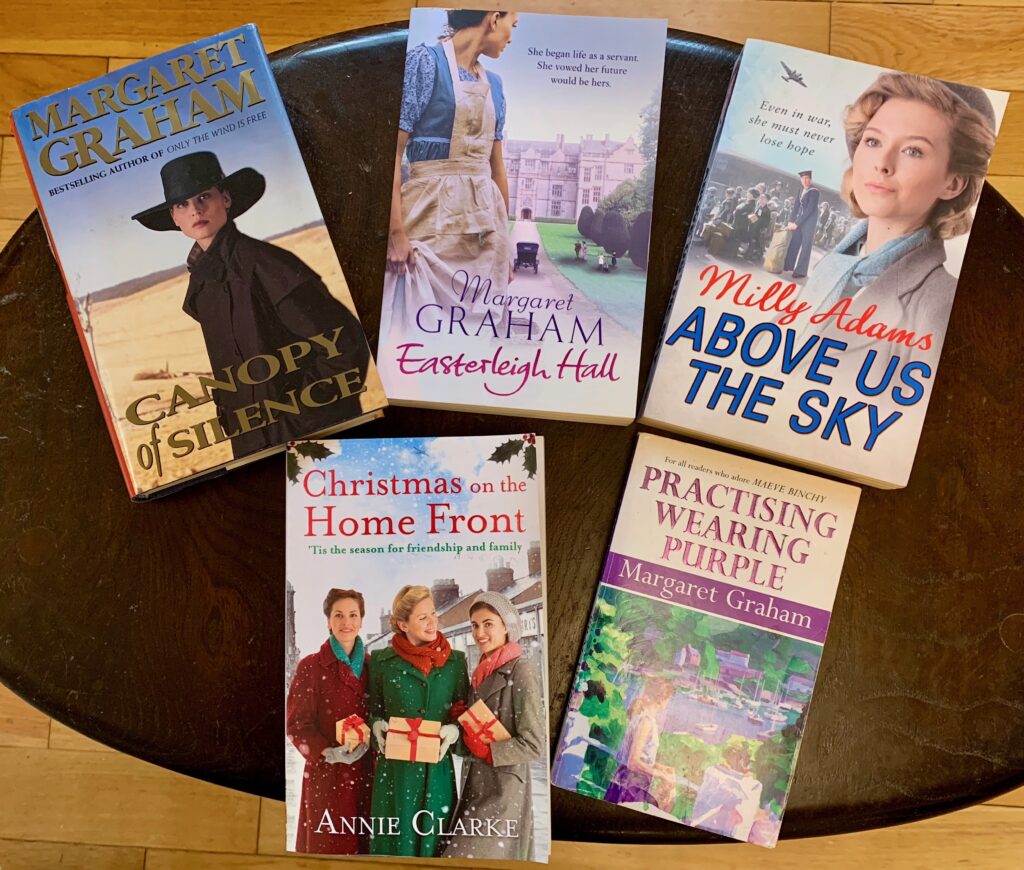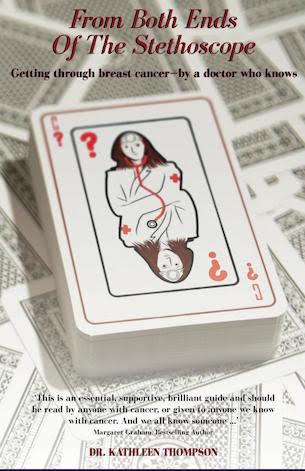To launch Frost magazine’s support for #RespectRomFic, Sara-Jade Virtue, Brand Development Director, Fiction, for Simon & Schuster UK explains why the campaign is important and reveals her favourite romance books.
There is NOTHING I enjoy as much as a Big Love Story. Preferably on the page rather than on a screen, whether the love is of the romantic, familial or friendship kind, I adore j’adore and have done all my adult life.
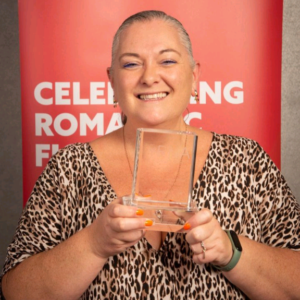 Which is why I feel so passionate (no pun intended) about the #RespectRomFic movement I’m leading, and why it’s so important to me. For far too long the contribution to the literary landscape of the books written by the authors writing in the Romance & Saga space has been at best ignored, at worst dismissed. And yet these are the books that dig into the very heart (every pun intended) of the human condition, love. Love is what makes the world go round and these ten novels from my all time favourite dessert island reads list, show love in all its glorious forms – escapist, romantic, heart-warming, heart-breaking, laugh out loud funny, moving, poignant and painful.
Which is why I feel so passionate (no pun intended) about the #RespectRomFic movement I’m leading, and why it’s so important to me. For far too long the contribution to the literary landscape of the books written by the authors writing in the Romance & Saga space has been at best ignored, at worst dismissed. And yet these are the books that dig into the very heart (every pun intended) of the human condition, love. Love is what makes the world go round and these ten novels from my all time favourite dessert island reads list, show love in all its glorious forms – escapist, romantic, heart-warming, heart-breaking, laugh out loud funny, moving, poignant and painful.
Lily and the Octopus (Steven Rowley) – a heart-breaking, charming and unforgettable novel about life, love and long walks.
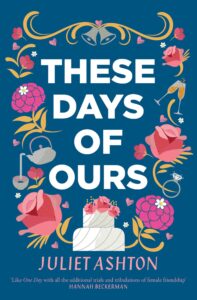 These Days of Ours (Juliet Ashton) – a gloriously irresistible romance about what happens when the person you love can’t be yours.
These Days of Ours (Juliet Ashton) – a gloriously irresistible romance about what happens when the person you love can’t be yours.
Letters to the Lost (Iona Grey) – a poignant, absorbing and tender story of love and loss.
Together (Julie Cohen) – a bold, breath-taking and compelling love story that manages to be as complex as it is compelling.
Rescue Me (Sarra Manning) – heartfelt, funny and wonderfully uplifting, this is total joy from start to finish.
The Last Letter From Your Lover (Jojo Moyes) – passion, loss and romance, and arguably in my Top 3 Favourite Novels Of All Time.
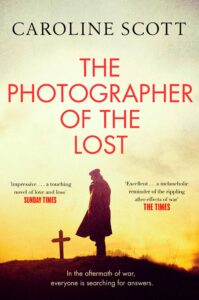 Seven Days in June (Tia Williams) – an extraordinary novel that manages to be both utterly hilarious and completely heart-breaking.
Seven Days in June (Tia Williams) – an extraordinary novel that manages to be both utterly hilarious and completely heart-breaking.
The Photographer of the Lost (Caroline Scott) – a vivid story of forbidden love and longing, this took my breath away.
When We Were Young (Richard Roper) – incredibly moving, hilariously funny, utterly heart-breaking.
The Man I Think I Know (Mike Gayle) – redemption, love, trust and second chances. Incredibly moving, funny and clever.
The stats back up the importance of romantic fiction too – here are some figures taken from publishing industry bible, The Bookseller, with the numbers provided by Nielson.
In 2022 Romance & Sagas had its second best year ever at £53m, only bettered by the Fifty Shades bonanza of 2012 (£68.3m).
This is way up from the more normal value of £25m, which is still seriously significant in terms of the market as a whole.
These figures exclude love stories coded as General & Literary Fiction, for example Taylor Jenkins Reid’s The Seven Husbands of Evelyn Hugo (£2m), Marian Keyes’ Again Rachel (almost £1m), Elena Armas’ The Spanish Love Deception (£851k) and Beth O’Leary’s The Road Trip (£459k).
The Sunday Times bestseller list has no category for romance, yet in 2022 the top twenty contained no fewer than six books that could be regarded as romantic fiction; four by Colleen Hoover, including the top selling novel of all, It Ends with Us, The Seven Husbands of Evelyn Hugo, and The Paper Palace by Miranda Cowley.

